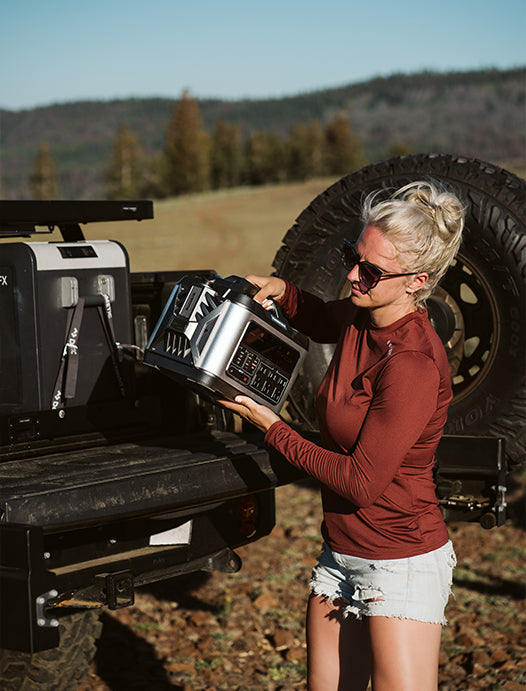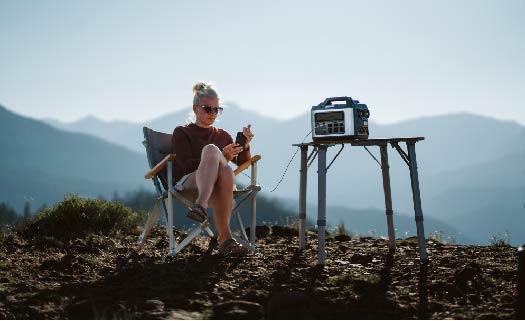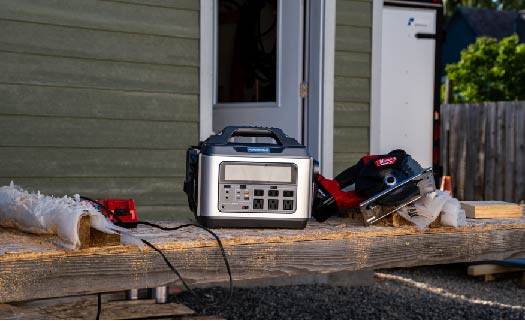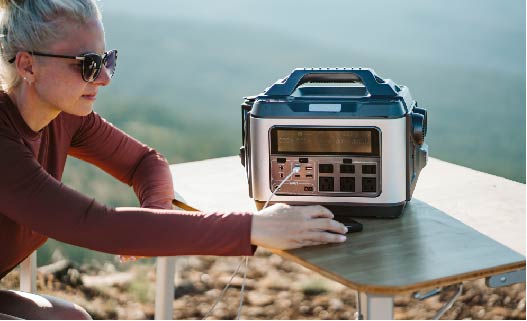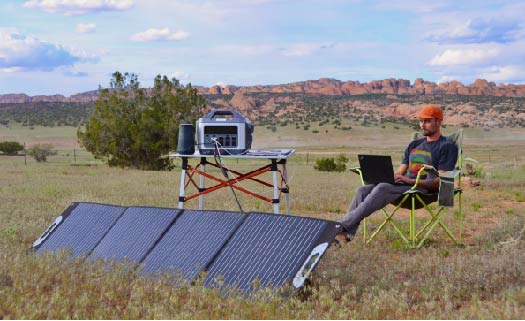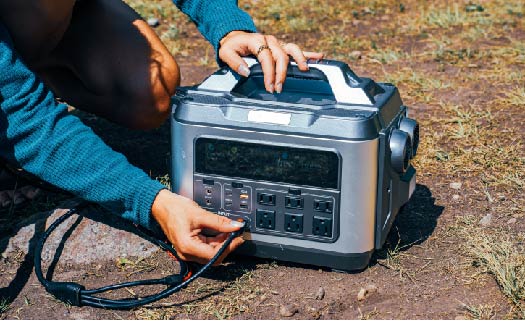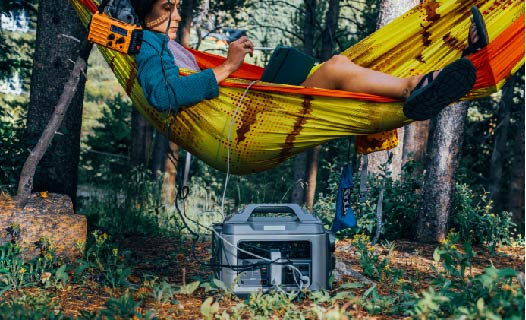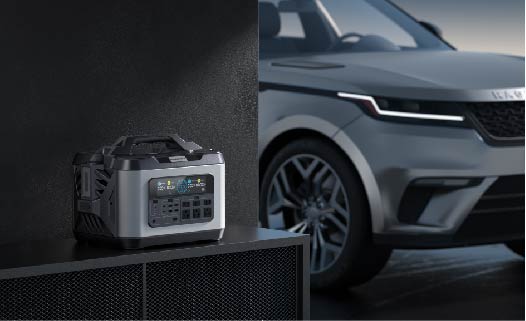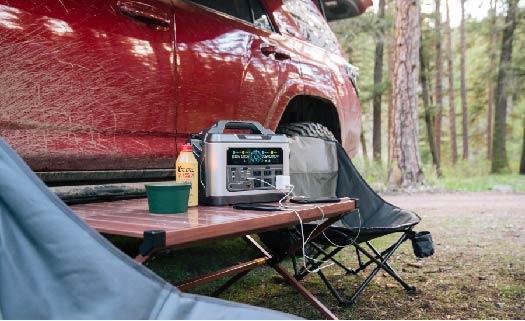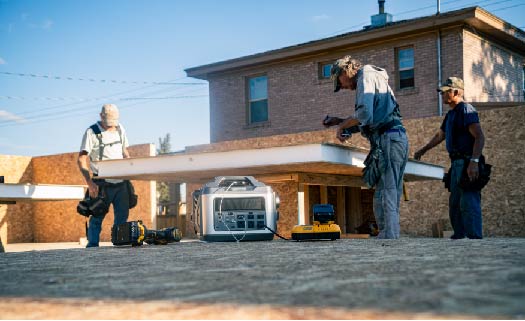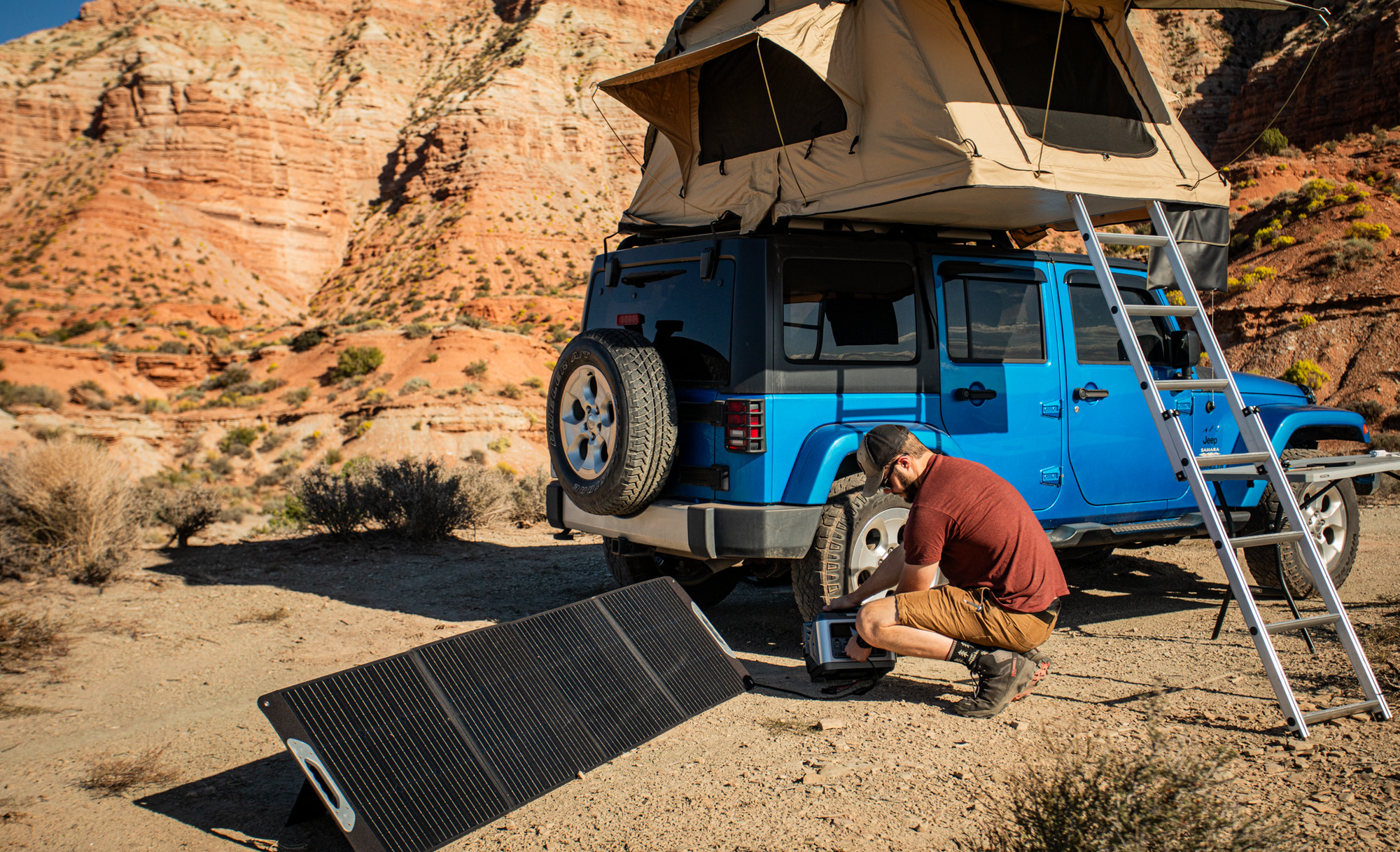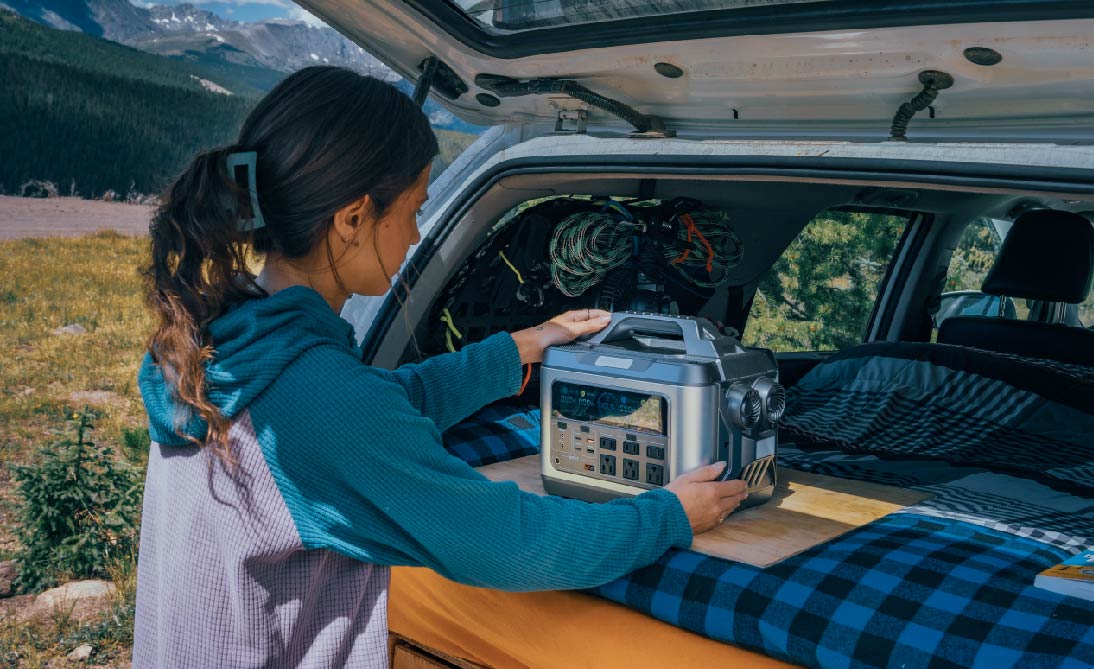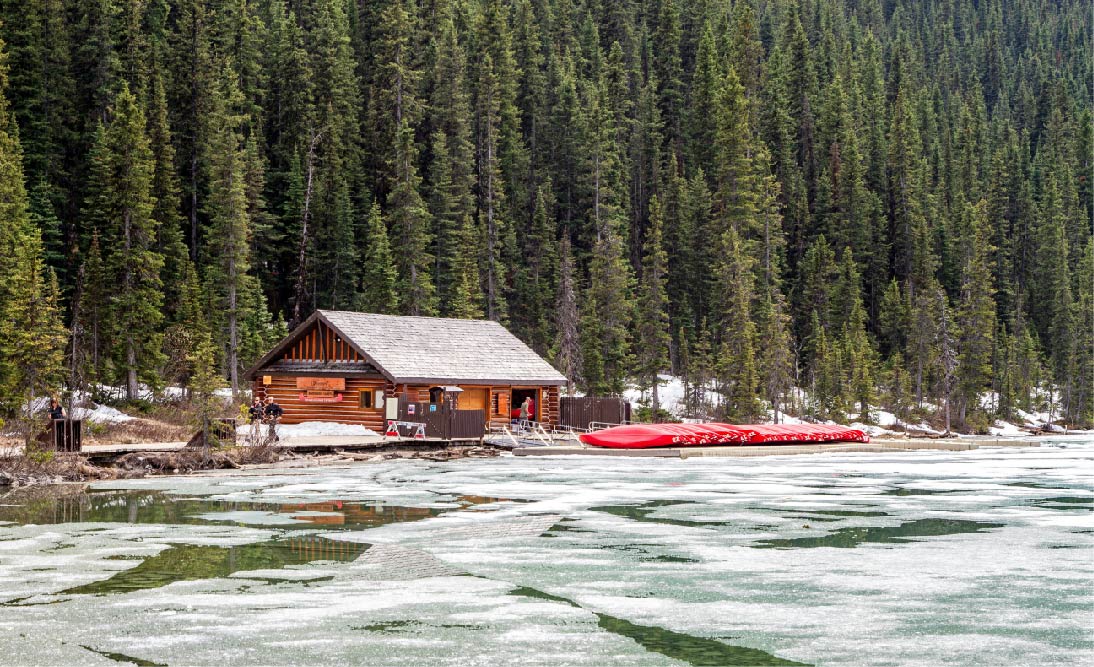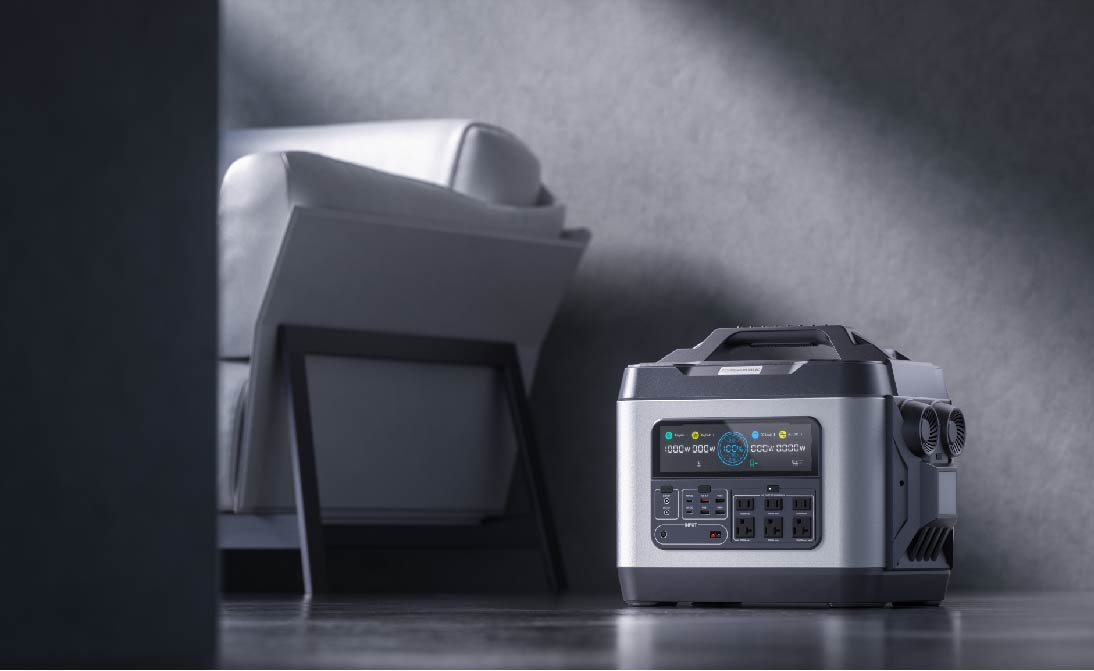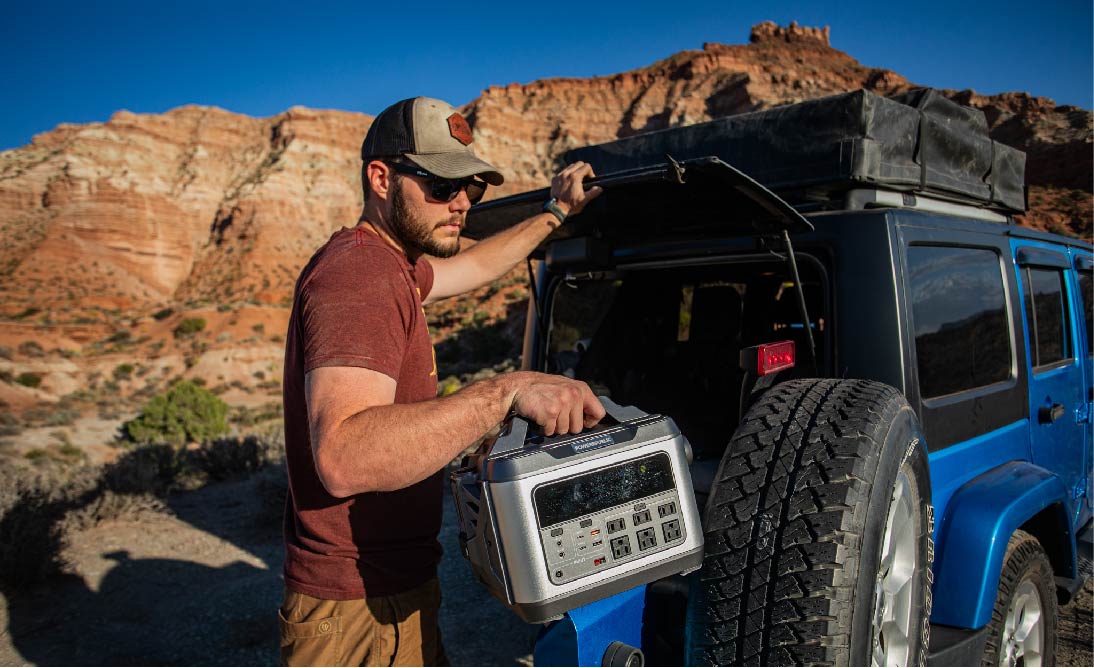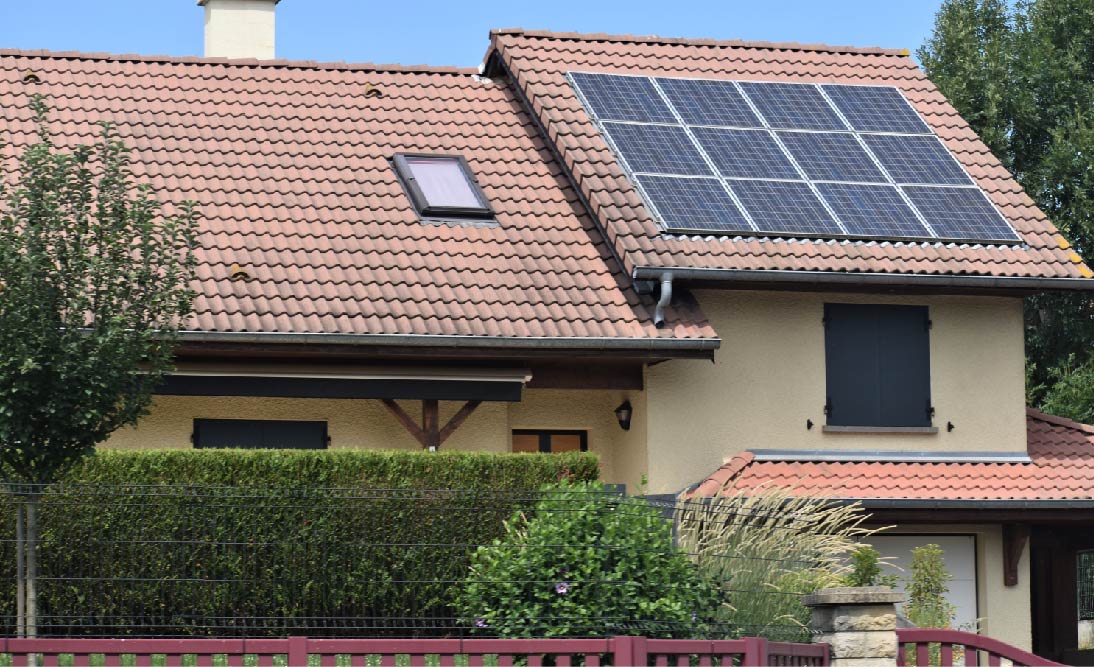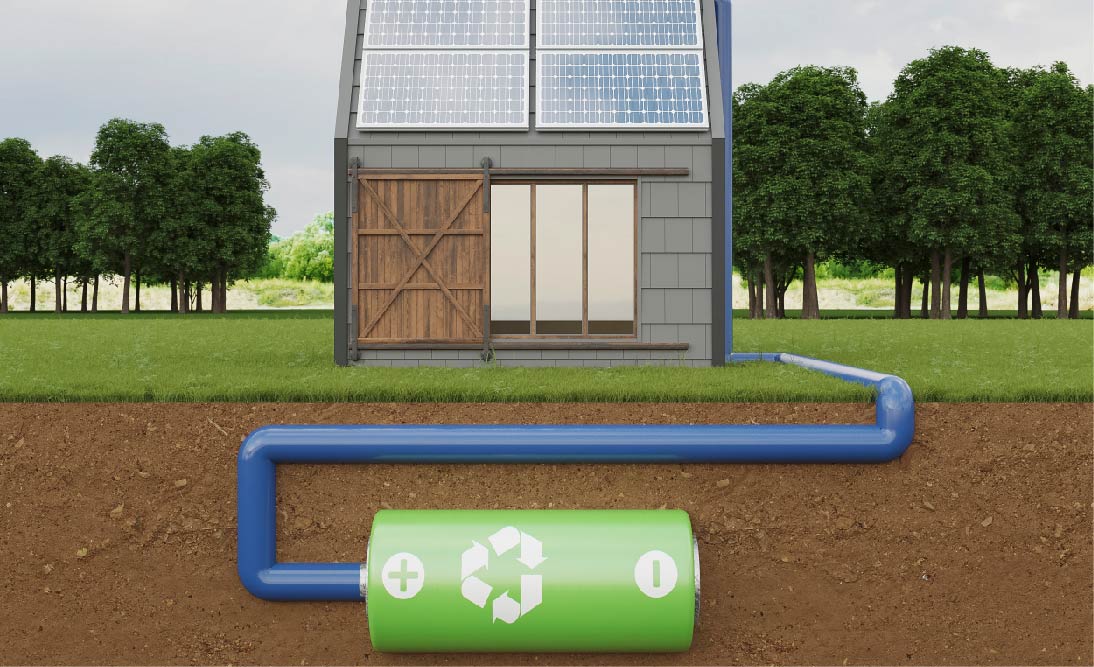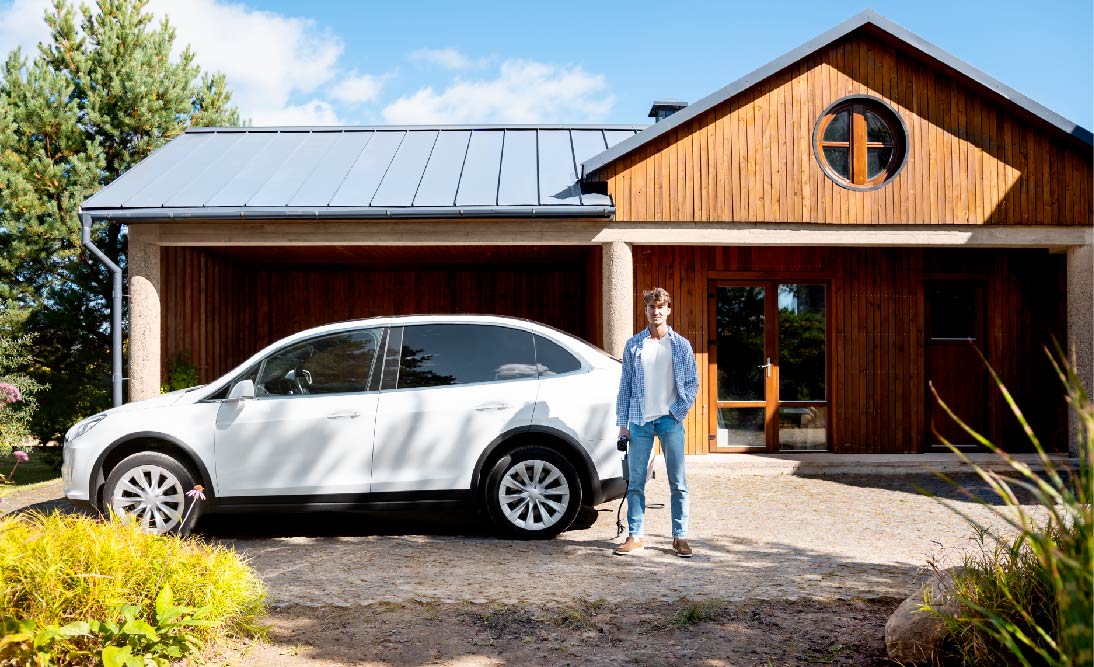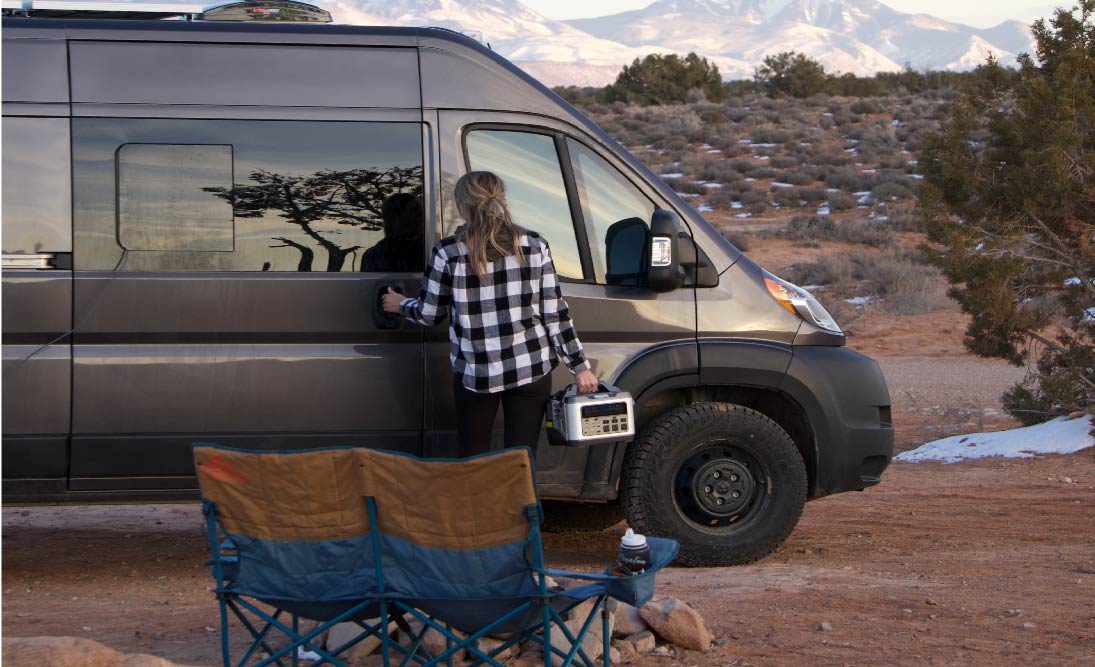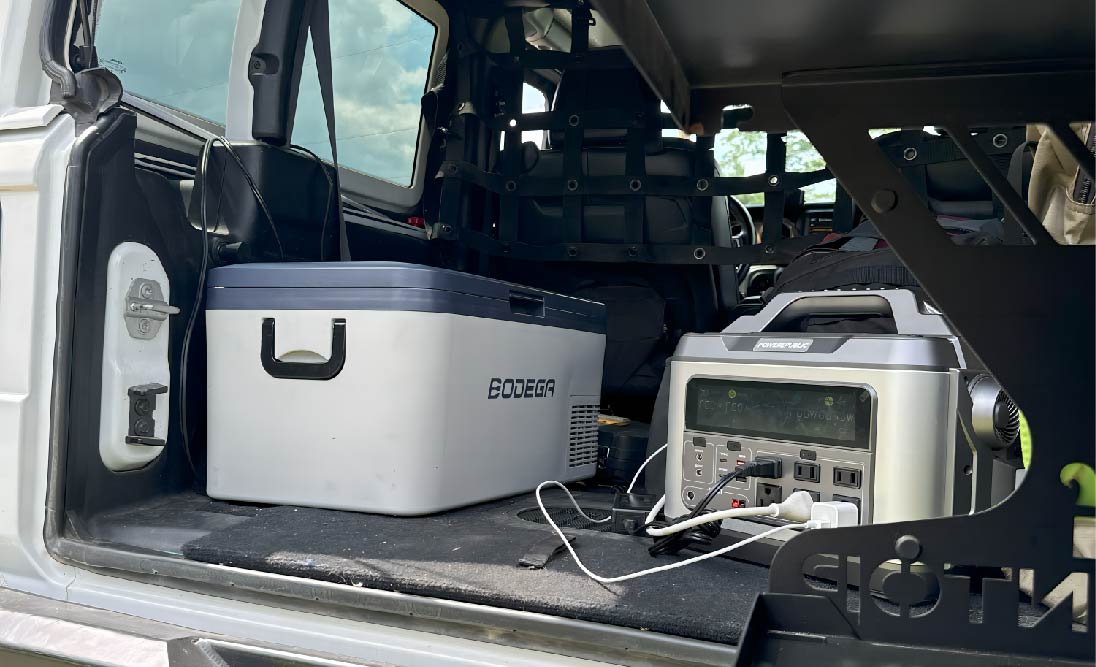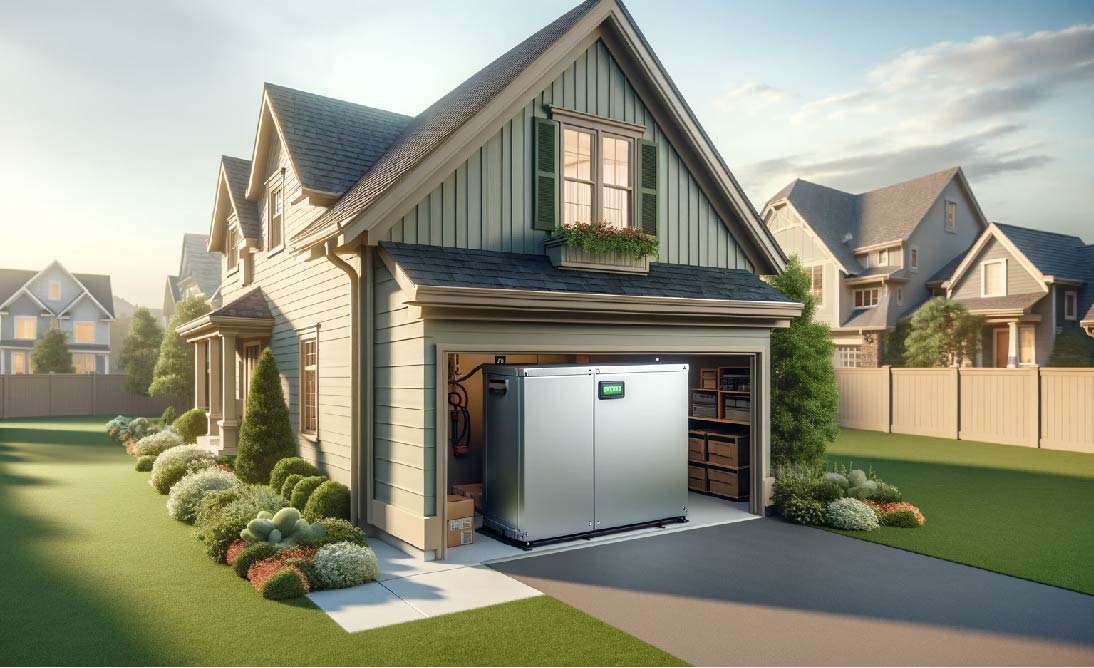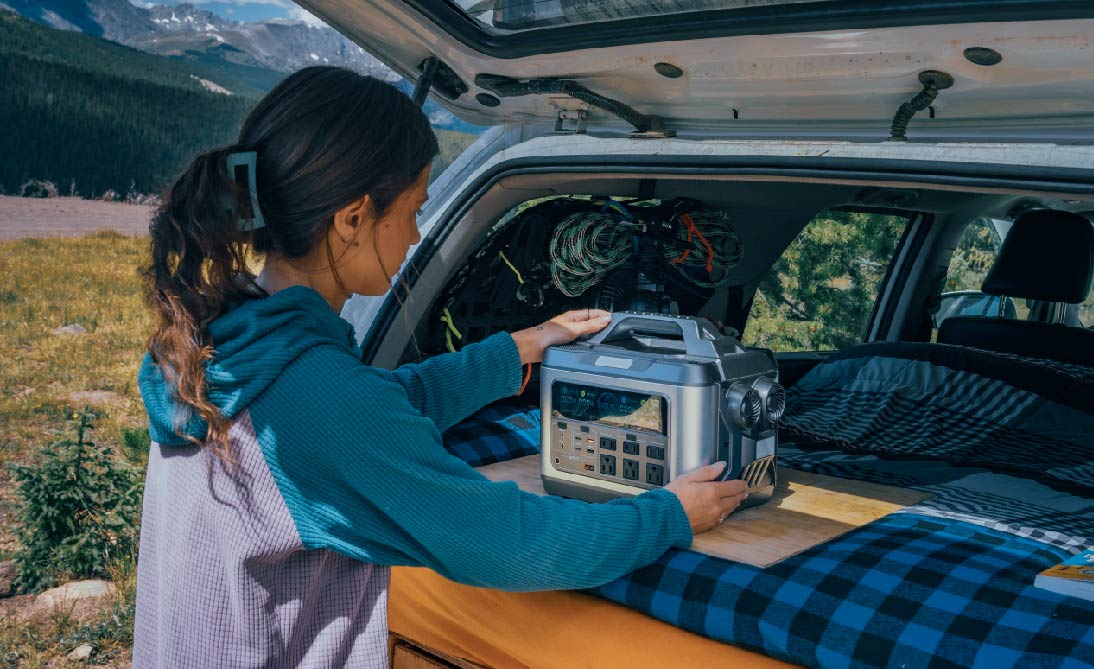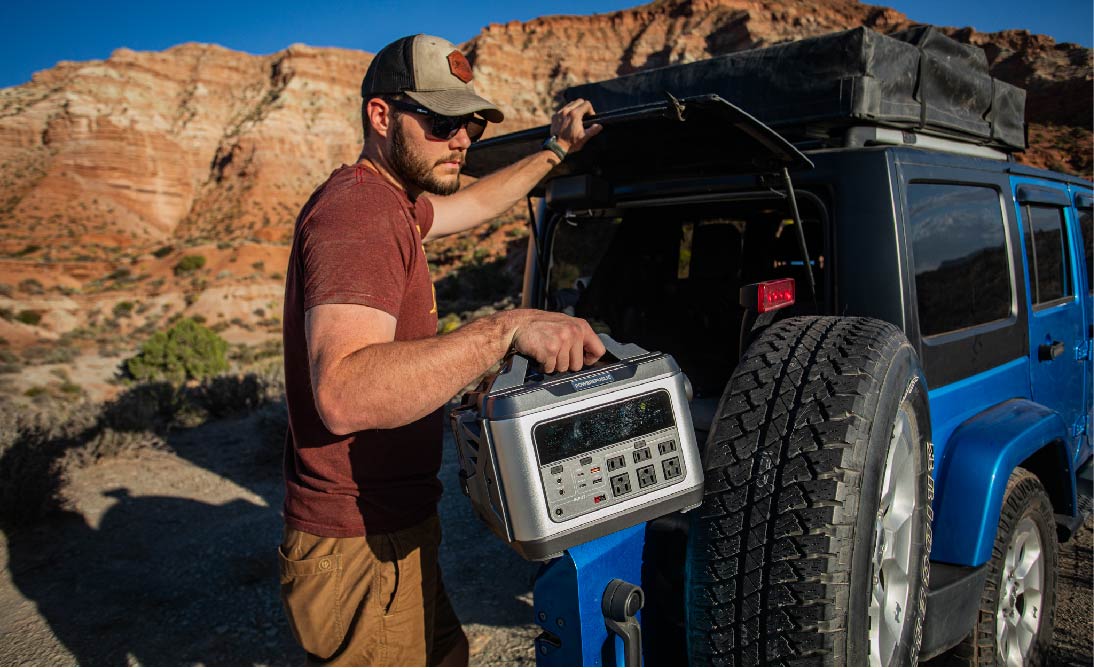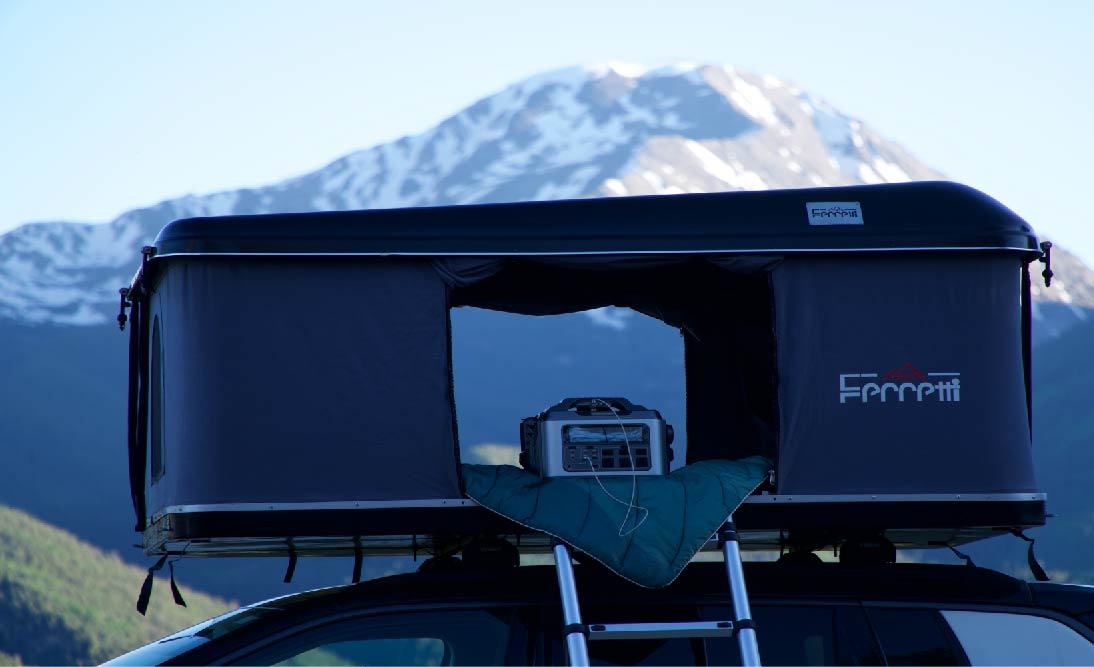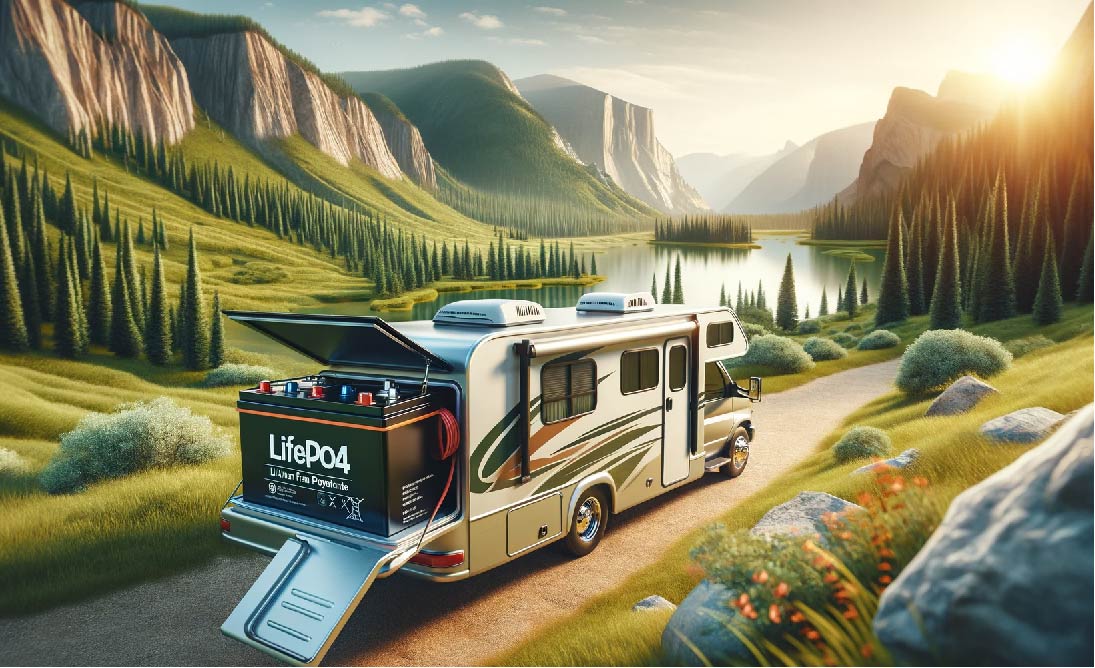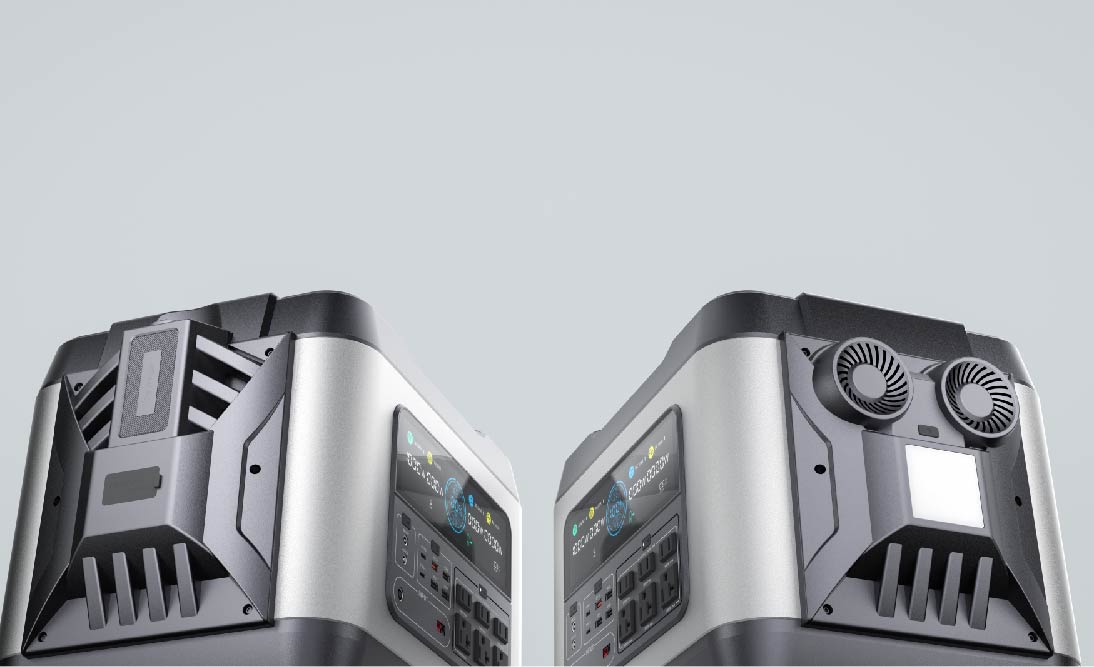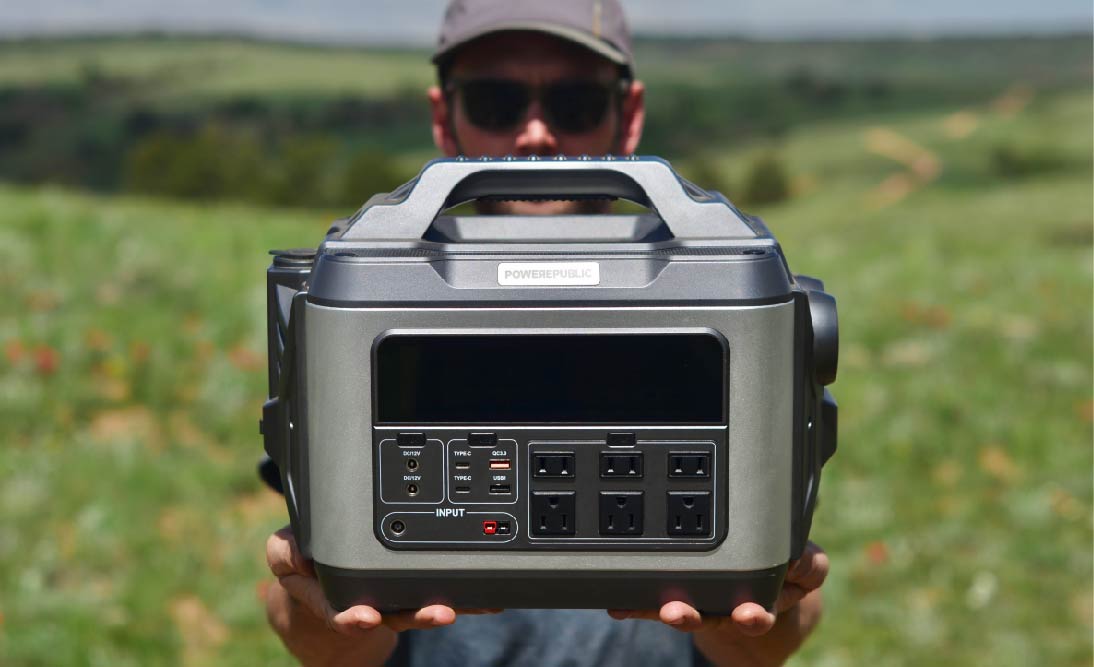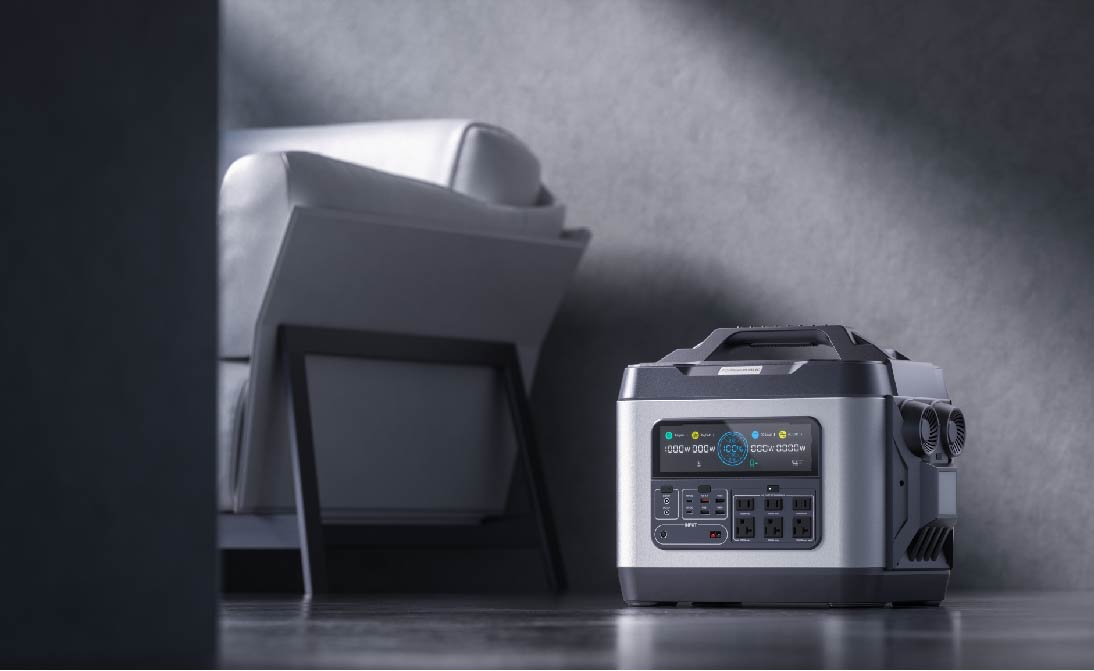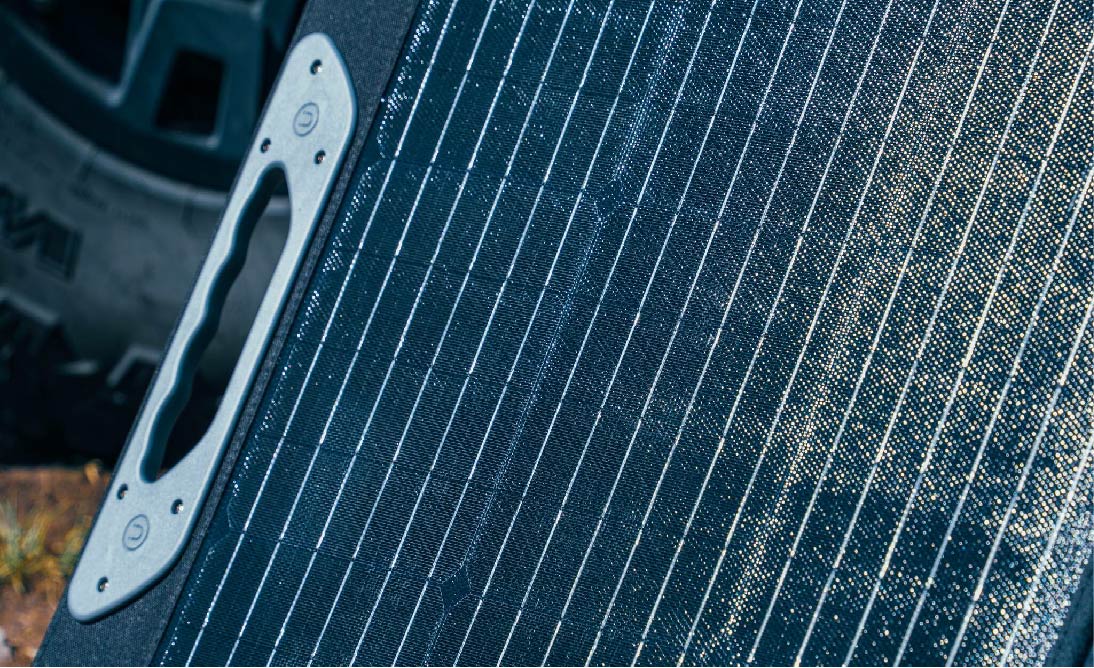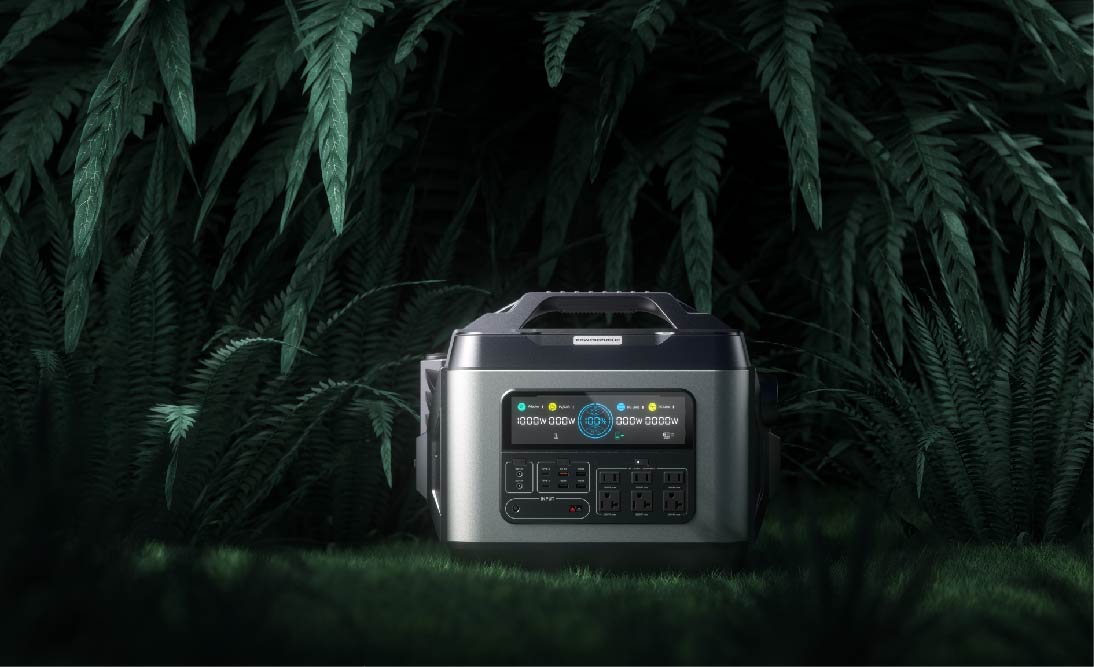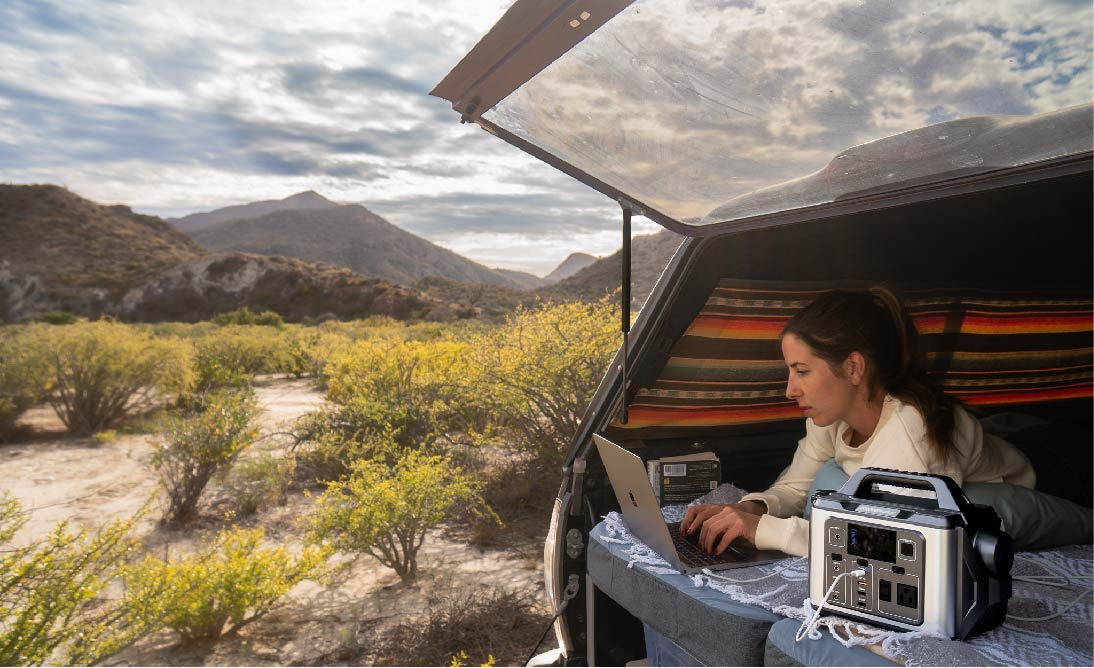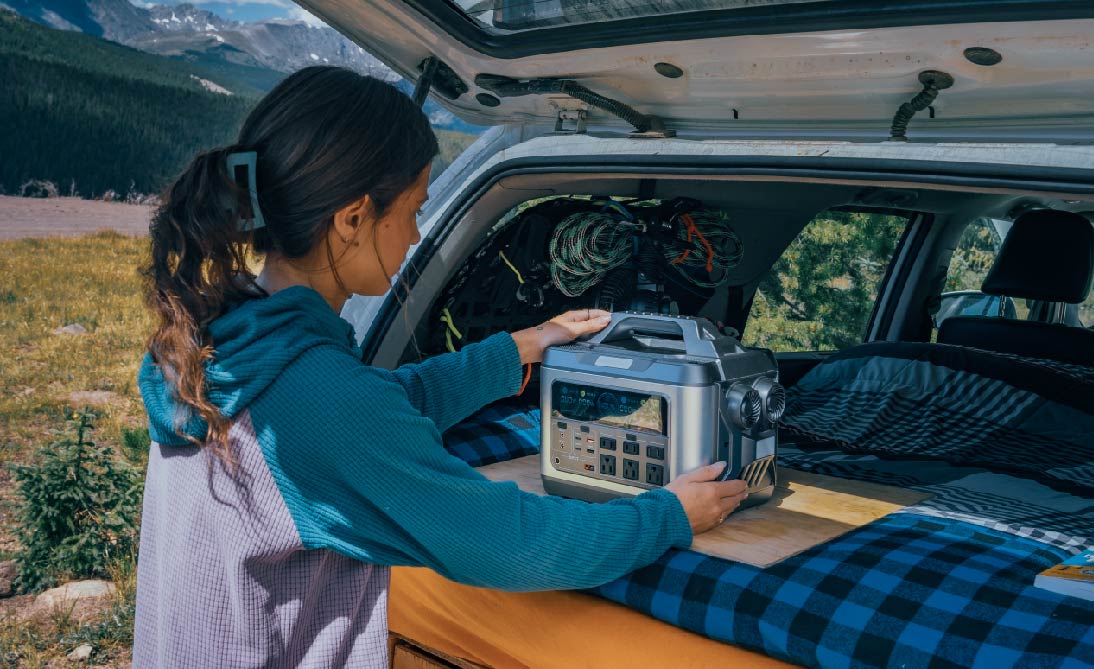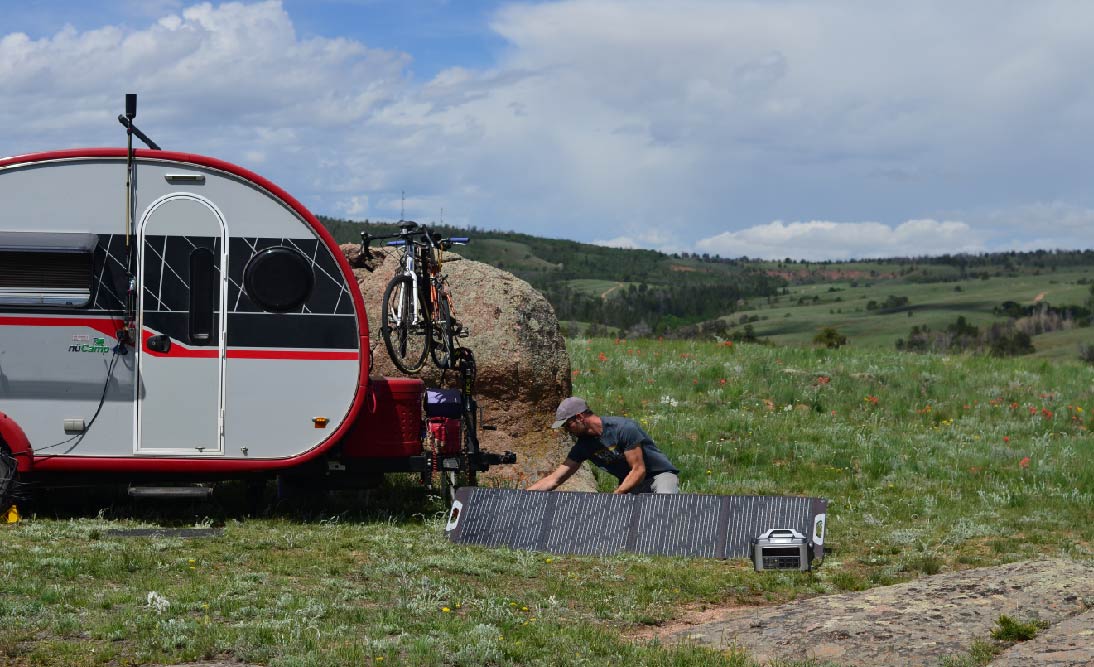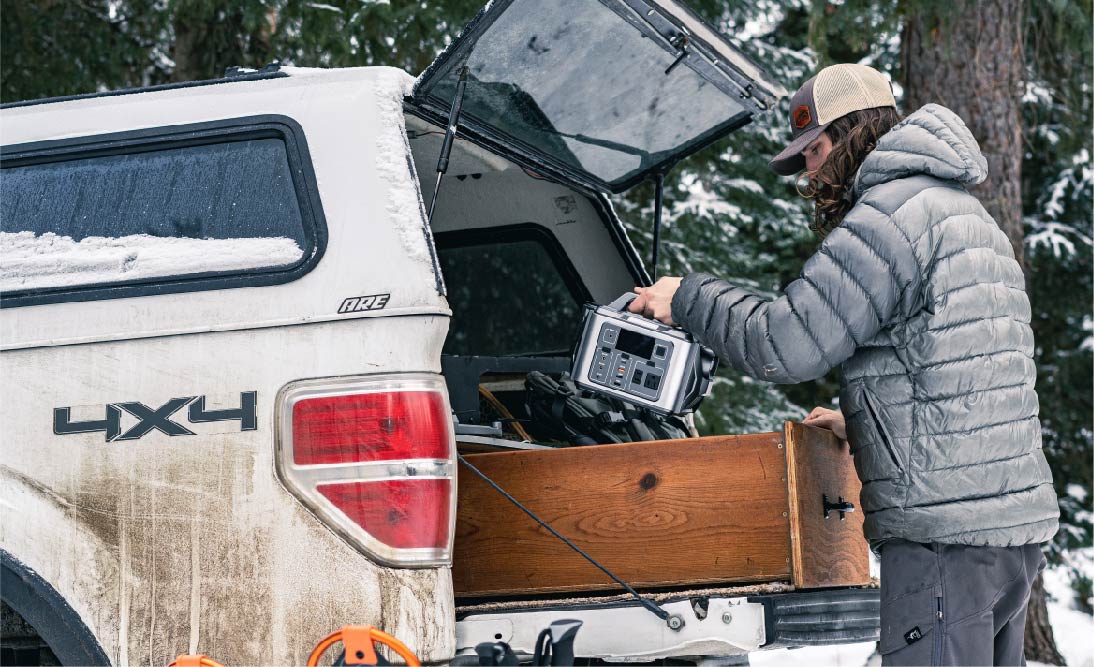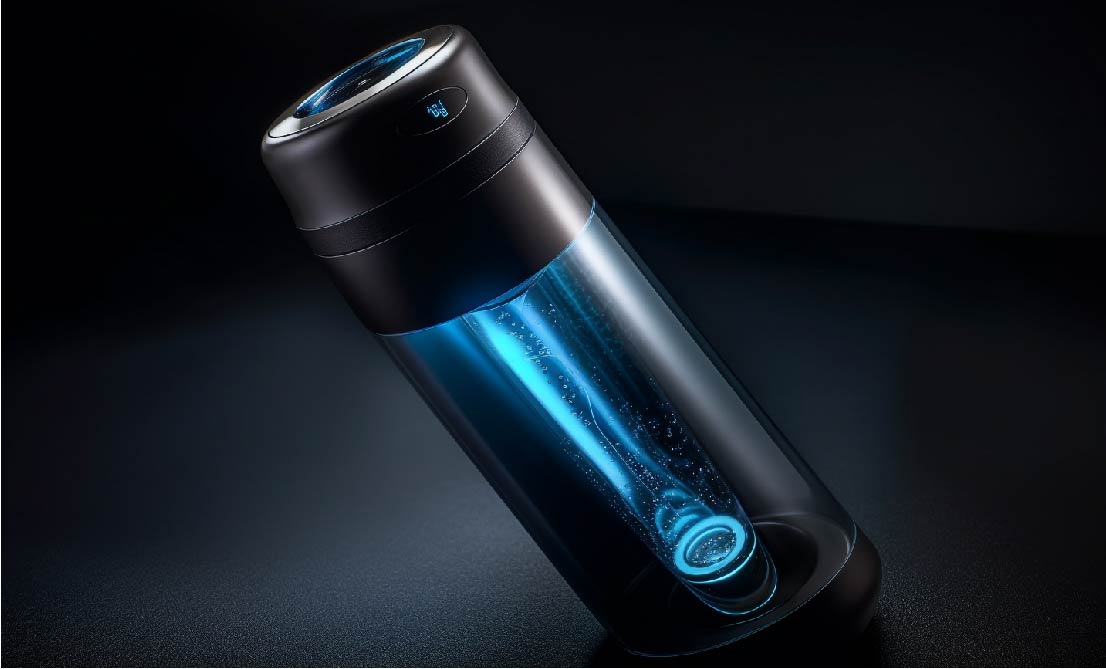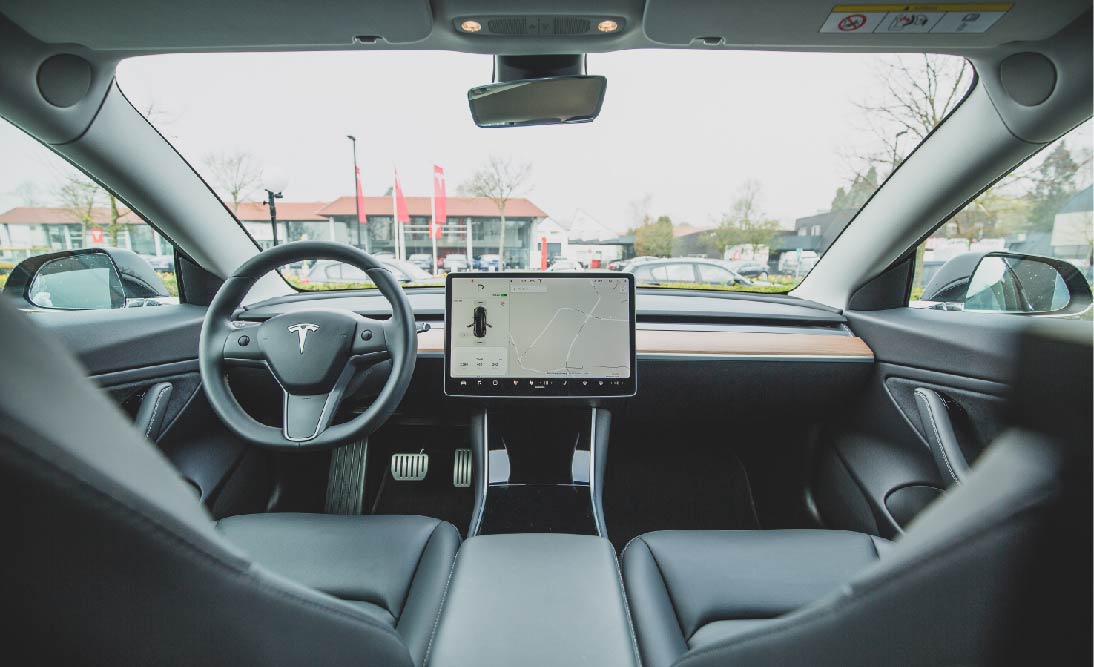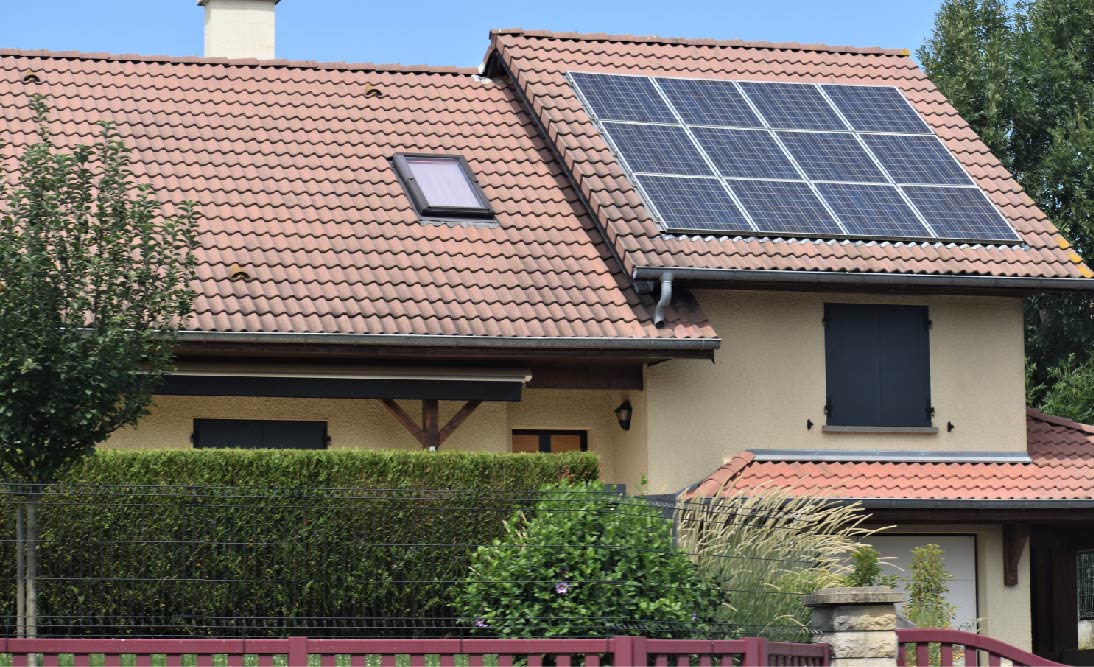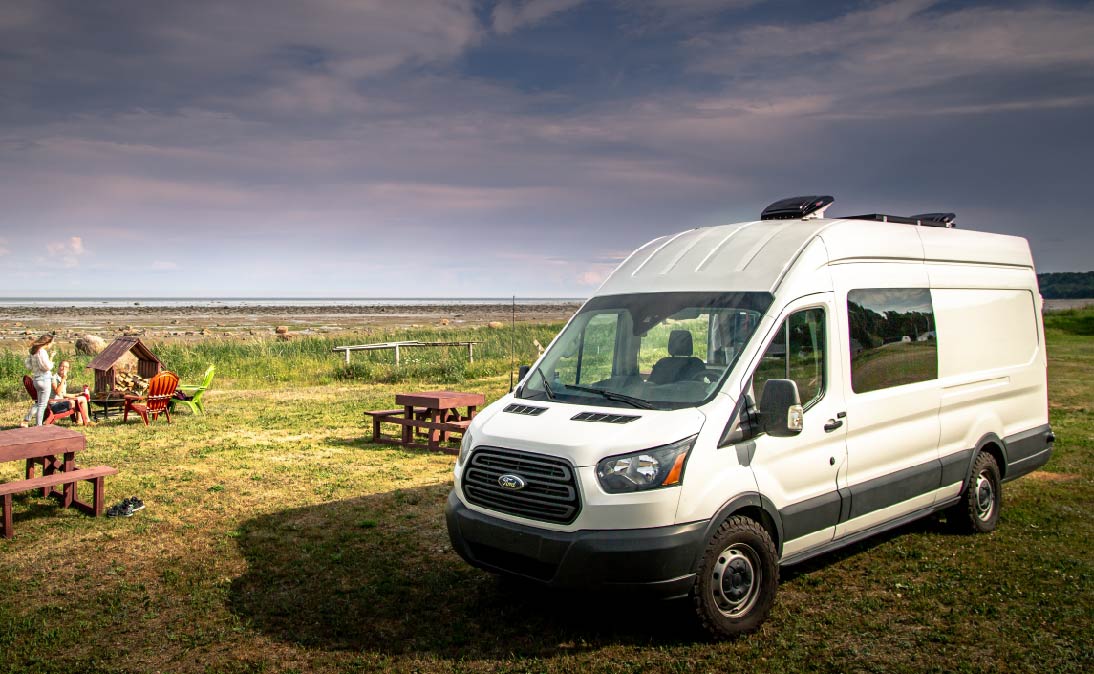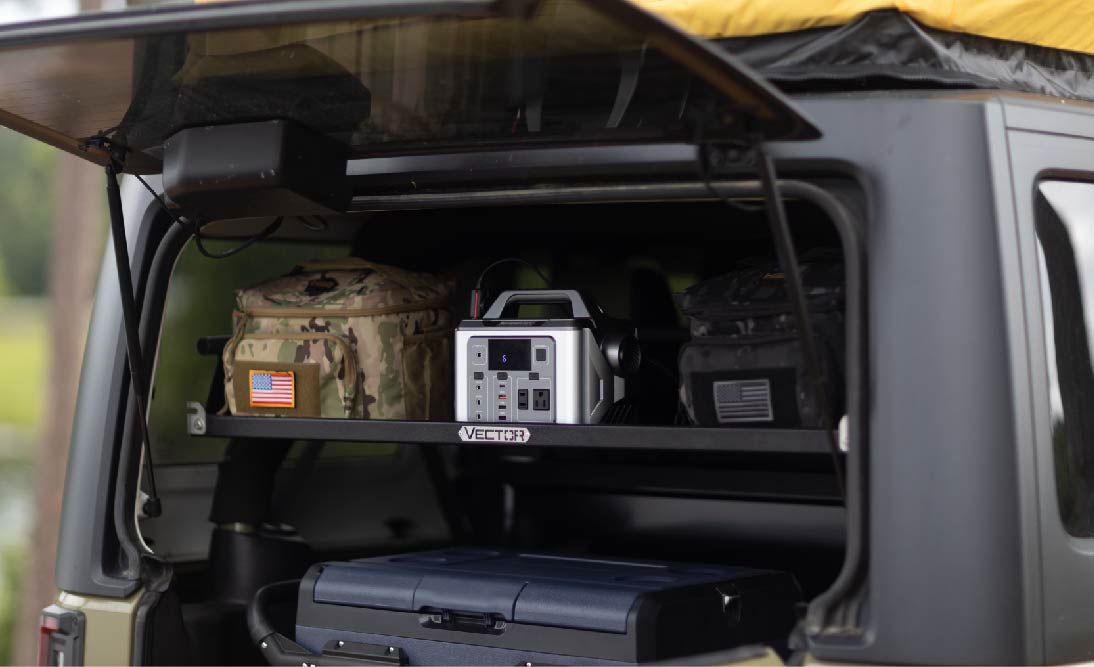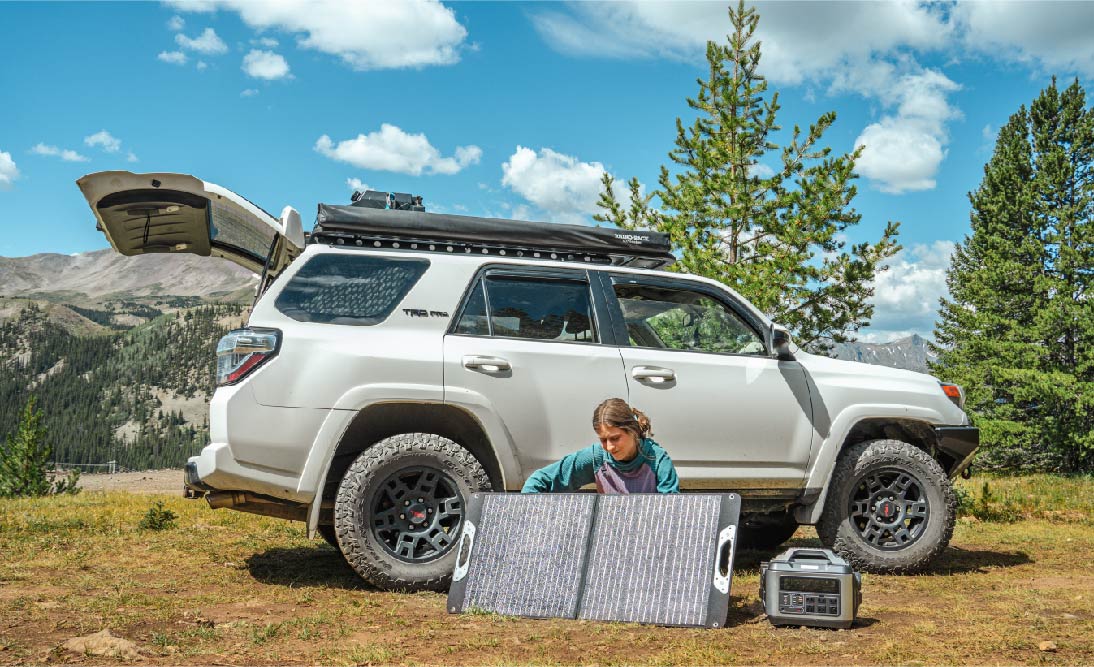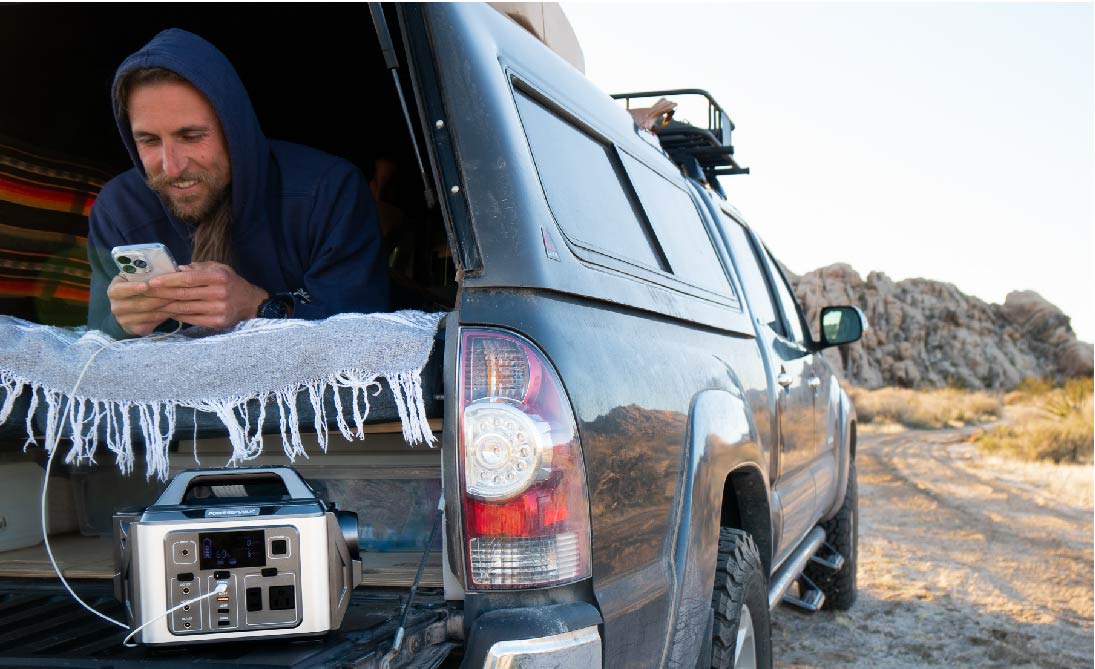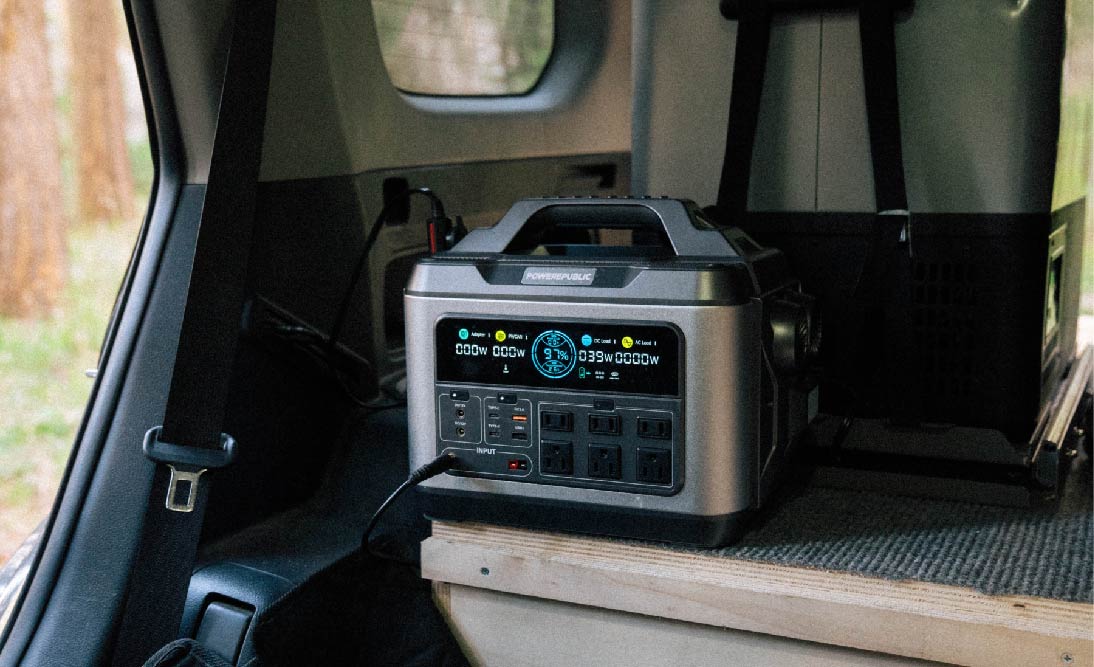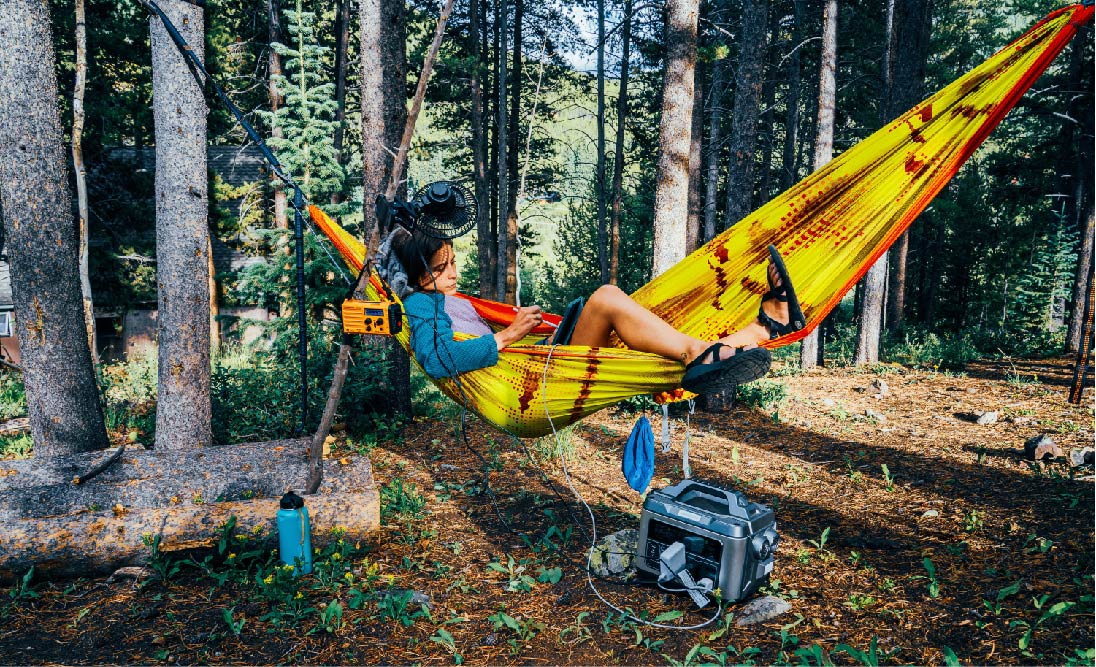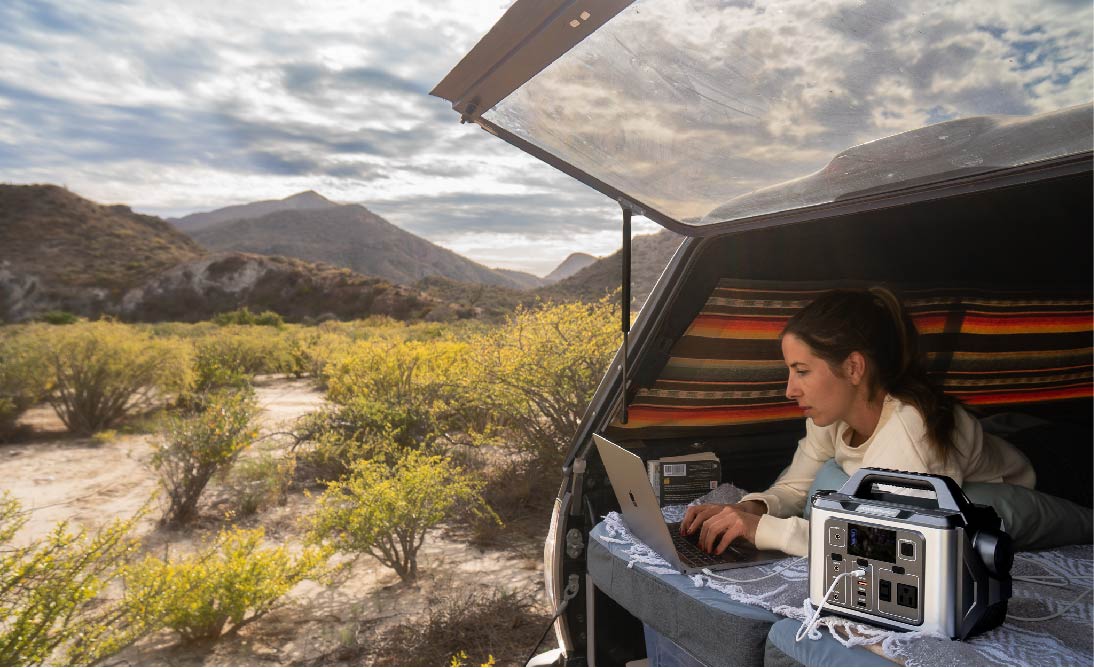If you've ever dreamed of hitting the open road and embarking on a journey filled with freedom, exploration, and fun, chances are you've considered the allure of life on wheels with either a camper van or a motorhome. These iconic vehicles have become so popular with the nomadic lifestyle, providing the perfect means to traverse picturesque landscapes, camp under starry skies, create unforgettable memories along the way, and provide cozy and comfortable ways of traveling.
But the question remains: which one is your ultimate adventure companion? In this article, we will unravel the key differences between camper vans and motor homes, helping you make informed decisions that align perfectly with the way you want to travel. So buckle up, prepare for a thrilling ride, and let's delve into it.
Camper vans V.S Motor-homes: How Do They Differ From Each Other?
In general, camper vans and motorhomes are both considered good shelters and comfortable settings for those who like to go camping for a couple of days or live off-grid. They both have built-in amenities that can satisfy our camping needs. However, there are some key differences, advantages, and disadvantages between them. Knowing this info will help you make better decisions on which one is more suitable for you.
Motorhome
A motorhome is a larger, taller, self-contained recreational vehicle (RV) than a standard van that integrates both the driving cab and living quarters in a single unit. It offers more spacious and comprehensive amenities compared to camper vans. Motor-homes are built on specialized chassis or platforms and come in various classes, including Class A, Class B, and Class C.
Also, a motorhome has more facilities than a camper van, such as a bathroom(camper vans don’t have a built-in bathroom). Moreover, motor homes also come with s a separate shower, TV, and air conditioning, making them ideal for life on the go.

Motor-homes and Their Types
Motorhomes come in various types, each offering unique features and designs to cater to different travel needs and preferences. Here are the main types:
Class A Motorhome:
Class A motorhomes are the largest and most luxurious type of motorhome. They are built on a specially designed chassis and resemble large buses in appearance.
-
Features: These motorhomes often have spacious interiors with multiple slide-outs that expand the living area when parked. They can include full-size kitchens, bathrooms with showers, separate bedrooms, entertainment systems, and high-end amenities.
-
Ideal for: Class A motorhomes are well-suited for long trips and full-time RV living. They provide a luxurious and comfortable experience, making them popular among retirees and those seeking a home-on-wheel lifestyle.
Class B Motorhome:
Class B motorhomes, also known as camper vans, are compact and resemble regular vans with customized interiors. We will give a detailed explanation of it later in the article.
-
Features: They typically include a small kitchenette, a dining area that converts into a bed, and basic amenities such as a sink, refrigerator, and portable stove. Some Class B motorhomes may have a compact bathroom with a toilet and shower.
-
Ideal for: Class B motorhomes are great for solo travelers, couples, or small families who value maneuverability, ease of driving, and the ability to access remote locations.
Class C Motorhome:
Class C motorhomes are built on a cutaway van chassis and feature a distinctive over-cab sleeping area, often referred to as a "cab-over" or "loft."
-
Features: They offer a good balance between space and maneuverability, with a variety of floor plans available. Class C motor homes typically have a separate bedroom, a full kitchen, a bathroom with a shower, and additional sleeping areas in the dinette or sofa.
-
Ideal for: Class C motorhomes are suitable for families and larger groups who desire more amenities and space than a Class B motorhome, yet don't require the size and luxury of a Class A.
Super C Motorhome:
Super C motorhomes are similar to Class C motorhomes but built on a heavy-duty truck chassis.
-
Features: They offer increased towing capacity and more powerful engines compared to regular Class C motorhomes. Super C motorhomes tend to have higher quality and more luxurious interiors compared to Class C.
-
Ideal for: Super C motorhomes are ideal for those who want the convenience of a Class C layout but need additional towing power for carrying extra vehicles or toys, such as boats or ATVs.
Towable Motorhomes (Fifth Wheels and Travel Trailers):
While not motorized, these types of RVs are worth mentioning because they are towed by a separate vehicle.
-
Features: Fifth wheels and travel trailers offer a wide range of sizes and floor plans, with varying levels of amenities and living space. They can include kitchens, bathrooms, bedrooms, and slide-outs to increase interior space when parked.
-
Ideal for: Towable motorhomes are suitable for those who prefer using their vehicle for everyday transportation and want the flexibility to unhitch and explore without bringing the entire RV along.
Advantages of Motor-homes:
-
Mobility and Flexibility: Motorhomes provide the freedom to travel wherever and whenever you want without the need for hotel bookings or fixed itineraries.
-
All-in-One Accommodation: Motorhomes combine transportation and living quarters in a single unit, eliminating the need for separate hotel rooms or constant packing and unpacking.
-
Comfort and Convenience: They offer a comfortable and familiar living space with amenities like beds, kitchens, bathrooms, and entertainment systems, making it feel like a home on wheels.
-
Access to Nature: Motor homes allow you to camp in natural settings and experience the great outdoors up close.
-
Cost Savings: Motor-homes can save money over time compared to traditional vacations, as they reduce expenses on accommodation and dining out.
-
Boondocking Opportunities: Motorhomes enable boondocking, which means camping off-grid without hookups, giving you the chance to experience remote and secluded locations.
Disadvantages of Motorhomes:
-
High Upfront Cost: Motorhomes can be expensive to purchase, especially larger and more luxurious models. Maintenance, insurance, and fuel costs should also be considered.
-
Fuel Efficiency: Motorhomes, particularly larger Class A models, are not known for their fuel efficiency, leading to higher ongoing expenses.
-
Driving and Parking Challenges: Driving a large motorhome can be intimidating, especially for those with little or no experience. Maneuvering and parking in tight spaces can be challenging.
-
Limited Mobility at Destinations: Once parked at a destination, using the motorhome for local travel can be cumbersome, requiring a separate vehicle for exploring the area.
-
Maintenance and Repairs: Like any vehicle, motor homes require regular maintenance, and repairs can be costly, especially for specialized components.
-
Campground Availability: During peak travel seasons, finding available spots in popular campgrounds can be challenging, necessitating reservations well in advance.
-
Storage Limitations: motorhomes still have limited storage compared to stationary homes, which can be a concern for full-time RVers or those with many belongings.
Before investing in a motorhome, it's essential to carefully assess your needs, conduct thorough research, and consider rental options to get a feel for the RVing experience.
Camper Van
A camper van, also known as a camper van or conversion van, is a type of recreational vehicle (RV) that has been customized or purpose-built to provide basic living amenities for travelers. Camper vans are compact, versatile, and well-suited for various types of travel, including road trips, camping, and exploring remote destinations.
Camper vans are designed to optimize space utilization. They typically have a raised roof or a pop-top, which allows occupants to stand up inside the vehicle when parked. The interior layout includes a small kitchenette, a dining area that can convert into a bed, and storage space for personal belongings. Camper vans offer essential amenities for life on the road. The kitchenette usually consists of a sink with running water, a portable stove or cooktop, and a mini-fridge or cooler.

Advantages of Camper Vans
-
Mobility and Maneuverability: Camper vans are compact and easy to drive, providing excellent maneuverability in urban areas and on narrow roads.
-
Versatility: Camper vans are highly versatile and can be used for various types of travel, including weekend getaways, road trips, and off-the-grid adventures. They allow travelers to explore both popular tourist destinations and remote, less-crowded locations.
-
Affordability: Camper vans are generally more affordable than larger motorhomes, both in terms of the initial purchase price and ongoing expenses like fuel, maintenance, and insurance.
-
Simplicity and Minimalism: Camper vans promote a more minimalist and simple lifestyle. They provide the basic amenities needed for a comfortable camping experience without the excess space and amenities found in larger RVs.
-
Parking Convenience: Camper vans can fit into standard parking spaces, enabling travelers to park and explore urban areas and popular tourist spots more easily.
Disadvantages of Camper Vans
-
Limited Living Space: Camper vans have a more compact interior, which means limited living space compared to larger motorhomes. This may be challenging for travelers who prefer more spacious accommodations.
-
Basic Amenities: Camper vans may lack some of the luxuries and conveniences found in larger RVs, such as a separate bathroom with a shower or a full-size kitchen.
-
Storage Constraints: Storage space in camper vans is limited, which may require travelers to pack light and prioritize essential items.
-
Comfort for Larger Groups: Camper vans are more suitable for solo travelers, couples, or small families. Larger groups may find the limited space less comfortable for extended periods.
-
Weather Limitations: In extreme weather conditions, like hot or cold temperatures, limited insulation, and climate control may lead to discomfort.
-
Resale Value: Some camper vans may have lower resale value compared to more standardized motorhomes.
For those seeking a more adventurous and minimalist approach to travel, camper vans can be an excellent choice, while travelers who prioritize additional space and amenities may opt for larger motorhomes.
Final Wrap-Up Between Camper-Van & Motor-Homes
The table below summarizes some key differences between camper vans and motor homes.
|
Factors |
Camper vans |
Motor-homes |
|
Budget |
A much cheaper option if your budget is limited |
Top of the range motor-homes can cost upward of $100,000 |
|
Regular Maintenance |
Easy to maintain and clean |
Difficult to clean due to size |
|
Fuel efficiency |
More efficient |
Less efficient |
|
Insulation & Protection |
Have to add and DIY by yourself |
All insulated and protected |
|
Insurance |
Comparatively cheaper |
More expensive due to its luxury |
|
Taxes |
Yes, depending on the state of government and rules |
Yes, depending on the state of government and rules |
|
Price |
Around $30,000 |
About $100,000 |
|
Type of driving license required |
>3,500 kilos, a standard license is required. |
>3,500 kilos, C1 license is required. Additional tests may be required. |
|
Off-road friendly |
More Friendly and easy to park |
Less off-road friendly due to its size and the regulations of the campsites |
The table shows some key differences between them. Again, there is no absolute winner. It all depends on what kind of off-grid lifestyle you want to have.
If you want to travel solo or with your partner, a camper van is good enough for you. However, if you are a family of 3 or more, a motor home would be a better choice for you. It all depends on your needs, the number of people, where you want to travel, the size of your budget, and your reference.
Conclusion
In conclusion, both camper vans and motorhomes offer unique advantages and cater to different travel preferences. Camper vans, with their compact size and maneuverability, are ideal for adventurous souls seeking a more minimalist and spontaneous travel experience. They provide essential amenities, promote off-grid camping, and offer the freedom to explore diverse destinations without breaking the bank.
On the other hand, motor homes provide a more luxurious and spacious home-on-wheels experience. They come in various classes and sizes, offering comprehensive amenities, ample living space, and the comforts of a traditional home. Motor-homes are well-suited for extended vacations, snowboarding, and those who desire a more comfortable and self-contained lifestyle on the road.
Ultimately, the choice between a camper van and a motorhome depends on individual preferences, travel goals, and budget. For solo travelers, couples, or small families seeking versatility and mobility, a camper van may be the ideal adventure companion. Those people who are looking for a more indulgent and convenient RV experience, with more space and amenities, might find their perfect match in a motorhome.
